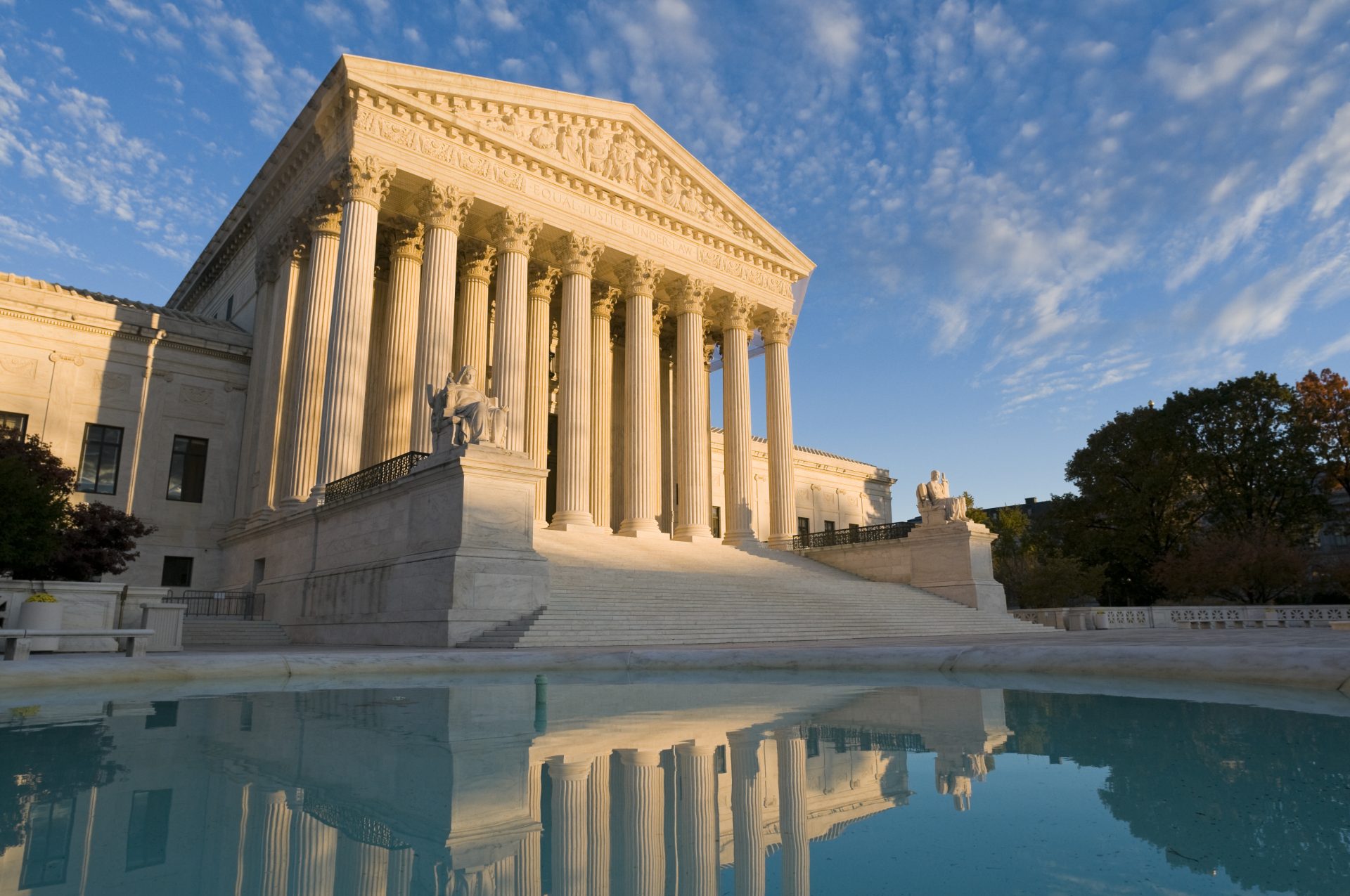Yesterday, the Supreme Court debated over an Arkansas law intending to regulate companies that manage prescription drug abuse practices.

The justices couldn’t come to terms with whether the state has the authority to regulate pharmacy benefit managers, under federal law relative to employee’s benefit plans.
“If we follow the way we generally interpret statutes in this case, you would be in a lot of trouble, wouldn’t you?” Justice Samuel Alito asked Arkansas Solicitor General Nicholas Bronni.
Arkansas’s law regulates the rate at which PBMs (pharmacy benefit managers) reimburse pharmacies for drugs, but allows pharmacies to appeal. PBMs are hired by employer health plans to manage prescription drug benefits for employees. These “middlemen” who process claims usually make money on the “retail spread,” or differences between how much they reimburse pharmacies for drugs; and fees that they collect from their customers.
Arkansas passed a law in 2013 to stop PBM’s from trying to make more profit by reimbursing pharmacies at extremely low rates, becoming an abused practice running more than 16% of independent rural pharmacies out of business.
The Pharmaceutical Care Management Association (PCMA), a group that pro-PBM’s, argued that the state doesn’t have the right to regulate the administration of prescription drug benefits. The federal Employee Retirement Income Security Act (ERISA) trumps the state regulation, the group said.
The U.S. Court of Appeals for the Eighth Circuit also agreed, leading to the current appeal.
Justice Elena Kagan noted that one of the main points of ERISA preemption was a desire to have uniform laws for benefit plan administrators. She questioned why Arkansas’s law doesn’t raise the original concerns about a lack of uniformity in state laws that the writers of ERISA had when they drafted the law.
Arkansas’s law regulates the price of drugs that a plan has already decided to cover, which is rate regulation that’s not preempted under ERISA, Solicitor Bronni argued.
Supreme Court Chief Justice John Roberts seemed to want to compromise. “The PBMs really do two things,” he said. “The first is set the cost of pharmacies, and the state says that’s not preempted, but the second is to determine coverage, which they say is. Anything wrong with looking at it that way?”
PCMA’s attorney responded, “that oversimplifies it to the point of distortion,” said PCMA’s attorney. “The law is directed at the plan and plan administrators that use maximum allowable cost, or MAC, lists as part of their methodology for determining what benefits will be provided to which employees for which drugs at which pharmacies”, he said.
The federal government supported the state of Arkansas in Tuesday’s case and tried to put some of the justices’ concerns about uniformity to rest. When we talk about PBM pharmacy reimbursements, it’s not like this is an area that was marked by pristine uniformity,” said Frederick Liu, Assistant to the Solicitor General. “Whether there is preemption here or not, there’s going to be a lack of uniformity in cost and that’s by design.”
For more articles from Haute Lawyer, visit https://hauteliving.com/hautelawyer/
Source: https://www.bloomberg.com/news/articles/2020-10-06/justices-question-state-law-guiding-pharmacy-drug-middlemen


















